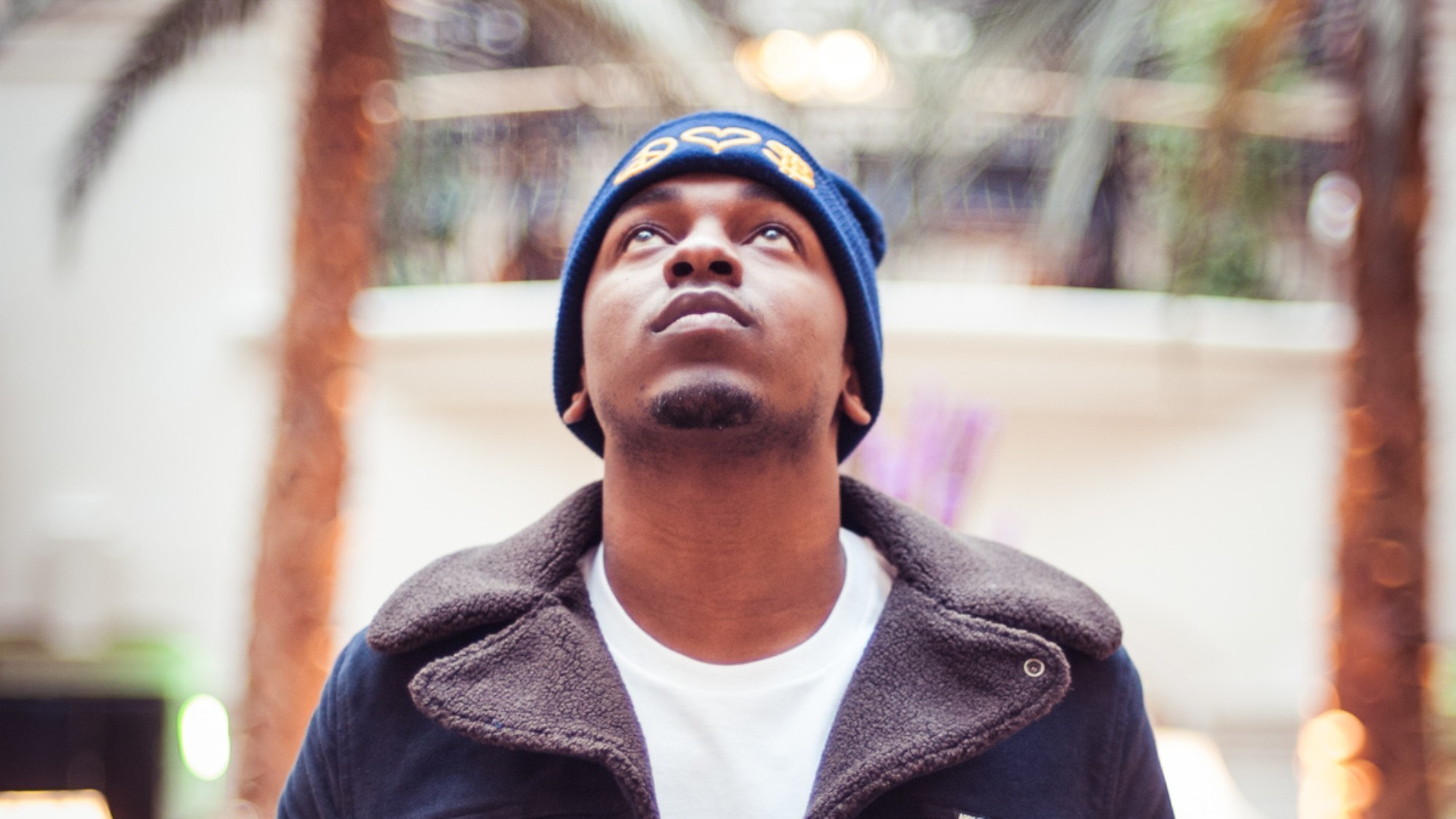“These are issues that, if you come from that environment, [are] inevitable to speak on,” Kendrick Lamar told the Guardian in an article published today about the deaths of young black men at the hands of the American authorities. Having grown up in Compton, one of California’s deadliest cities, Lamar saw a murder victim for the first time when he was just five-years-old. He witnessed violence between Bloods and Crips throughout his teenage years, seeing many of his friends killed in gang warfare and once by the police.
The Blacker the Berry, the angriest track on his masterpiece latest album To Pimp a Butterfly, references Trayvon Martin–the unarmed 17-year old shot dead by neighborhood watch coordinator George Zimmerman, who Martin’s family accused of racially profiling the teenager. Speaking about the origins of the track, Kendrick said, “It’s already in your blood because I am Trayvon Martin, you know. I’m all of these kids. It’s already implanted in your brain to come out your mouth as soon as you’ve seen it on the TV. I had that track way before that, from the beginning to the end, and the incident just snapped it for me.”
Responding to the suggestion that rappers are discouraged from speaking about politics by nervous music industry figures, Kendrick says, “No, there’s no excuse… It’s really just about integrity. We all like to have fun. I like to have fun, too. But where do you stop and say, ‘You know what? There’s actually some real shit going on out there that people can relate to more than any singalong I can bring to the table.'”
Kendrick also discloses that many of his lyrics about depression come from personal experience. When, on Mortal Man, he says, “Resentment that turned into a deep depression; Found myself screaming in the hotel room,” it is based on a real life episode, a relapse into the depression of his teenage years.
On visiting Nelson Mandela’s former prison cell on Robben Island, Kendrick says, “It just snapped me back to reality… It gave me a whole other perspective. The tricky part is explaining that bigger picture to those back in Compton. That’s some of the message I was trying to convey on this album. And the message for his next album? “I know exactly what I want to say next,” Kendrick teases, adding that, “Everything is going to make sense – not only to myself but to anybody who wants to understand life and music. Everything will make a little more sense.”
